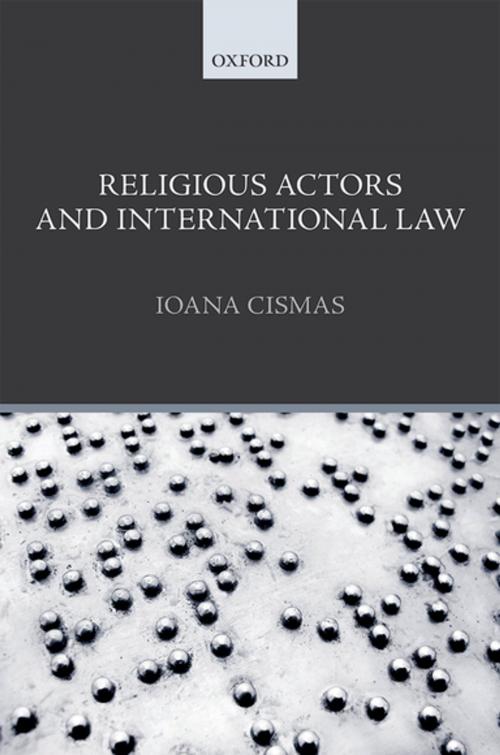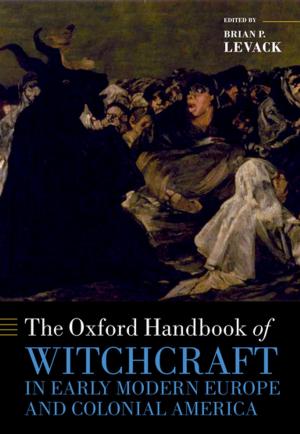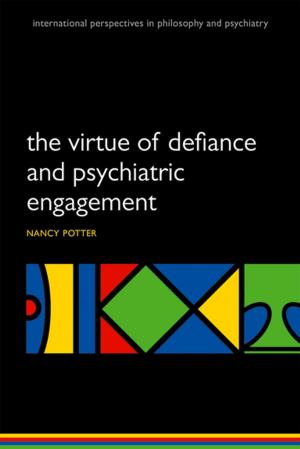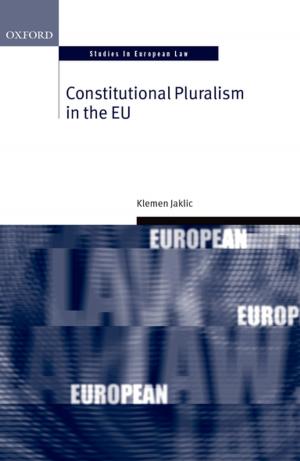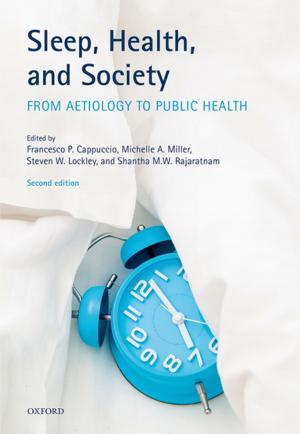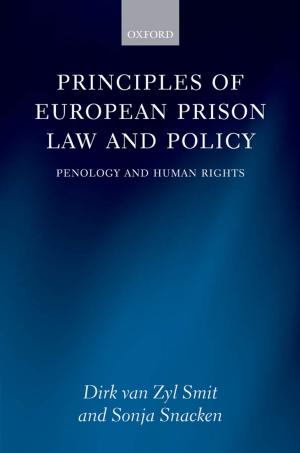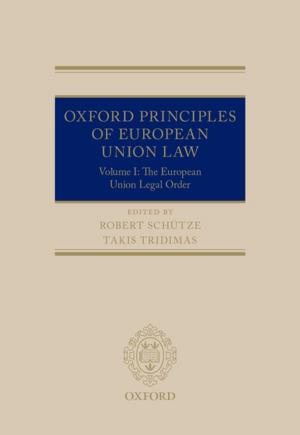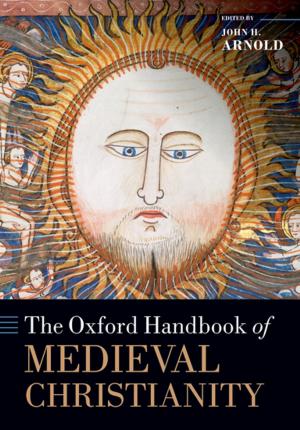Religious Actors and International Law
Nonfiction, Reference & Language, Law, International, Religion & Spirituality| Author: | Ioana Cismas | ISBN: | 9780191021893 |
| Publisher: | OUP Oxford | Publication: | July 17, 2014 |
| Imprint: | OUP Oxford | Language: | English |
| Author: | Ioana Cismas |
| ISBN: | 9780191021893 |
| Publisher: | OUP Oxford |
| Publication: | July 17, 2014 |
| Imprint: | OUP Oxford |
| Language: | English |
This book assesses whether a new category of religious actors has been constructed within international law. Religious actors, through their interpretations of the religion(s) they are associated with, uphold and promote, or indeed may transform, potentially oppressive structures or discriminatory patterns. This study moves beyond the concern that religious texts and practices may be incompatible with international law, to provide an innovative analysis of how religious actors themselves are accountable under international law for the interpretations they choose to put forward. The book defines religious actors as comprising religious states, international organizations, and non-state entities that assume the role of interpreting religion and so claim a 'special' legitimacy anchored in tradition or charisma. Cutting across the state / non-state divide, this definition allows the full remit of religious bodies to be investigated. It analyses the crucial question of whether religious actors do in fact operate under different international legal norms to non-religious states, international organizations, or companies. To that end, the Holy See-Vatican, the Organization of Islamic Cooperation, and churches and religious organizations under the European Convention on Human Rights regime are examined in detail as case studies. The study ultimately establishes that religious actors cannot be seen to form an autonomous legal category under international law: they do not enjoy special or exclusive rights, nor incur lesser obligations, when compared to their respective non-religious peers. Going forward, it concludes that a process of two-sided legitimation may be at stake: religious actors will need to provide evidence for the legality of their religious interpretations to strengthen their legitimacy, and international law itself may benefit from religious actors fostering its legitimacy in different cultural contexts.
This book assesses whether a new category of religious actors has been constructed within international law. Religious actors, through their interpretations of the religion(s) they are associated with, uphold and promote, or indeed may transform, potentially oppressive structures or discriminatory patterns. This study moves beyond the concern that religious texts and practices may be incompatible with international law, to provide an innovative analysis of how religious actors themselves are accountable under international law for the interpretations they choose to put forward. The book defines religious actors as comprising religious states, international organizations, and non-state entities that assume the role of interpreting religion and so claim a 'special' legitimacy anchored in tradition or charisma. Cutting across the state / non-state divide, this definition allows the full remit of religious bodies to be investigated. It analyses the crucial question of whether religious actors do in fact operate under different international legal norms to non-religious states, international organizations, or companies. To that end, the Holy See-Vatican, the Organization of Islamic Cooperation, and churches and religious organizations under the European Convention on Human Rights regime are examined in detail as case studies. The study ultimately establishes that religious actors cannot be seen to form an autonomous legal category under international law: they do not enjoy special or exclusive rights, nor incur lesser obligations, when compared to their respective non-religious peers. Going forward, it concludes that a process of two-sided legitimation may be at stake: religious actors will need to provide evidence for the legality of their religious interpretations to strengthen their legitimacy, and international law itself may benefit from religious actors fostering its legitimacy in different cultural contexts.
